Our Mission
Paving a greener future with improved asphalt technologies.
Quaker Sales is a family-owned Johnstown business that stays up-to-date with growing advancements in the asphalt industry.
Industry Advancements
The asphalt industry is making strides in recycling and reducing emissions. At our plants, we’re taking action by implementing upgrades that will boost our recycling capabilities and contribute to a cleaner environment.
Plant Upgrades
We have installed upgraded ductwork to improve dust control, which connects to our bagging house. Baghouse dust collectors separate dust and solid particles from air, aiming to keep dust out of the workplace and prevents it from escaping into the atmosphere.
Upgrading to bigger hoppers has enabled us to use more recycled asphalt in our mixes. Asphalt is a highly recyclable material, and we are constantly working to increase the amount of Recycled Asphalt Pavement (RAP) in our products. Although asphalt mixing is complex with many variables, increasing the use of RAP is a positive step towards reducing the environmental impact of asphalt production.
Switching to Warm Mix Asphalt (WMA) technologies at our plants has environmental & operational advantages. WMA allows us to produce asphalt at lower temperatures, reducing fuel consumption and greenhouse gas emissions from our burners. Additionally, WMA’s extended workability at lower temperatures allows for higher recycling rates of reclaimed asphalt pavement and greater flexibility in project scheduling by extending the paving season.
Industry Facts
The U.S. Environmental Protection Agency removed asphalt plants as a significant air pollution source in 2002. Since then, the asphalt technology has only improved. Let’s work together towards achieving NAPA’s goal of net-zero carbon emissions for asphalt production and construction by 2050 (NAPA).
Asphalt roads not only provide peace of mind when driving from their better traction and skid resistance, but also improve vehicle fuel efficiency due to their seamless construction and the flexibility of binding agents. According to FHWA WesTrack Tests, smoother roads can lead to 4.5% lower fuel consumption (APA).
Asphalt itself is considered to be 100% recyclable because it can be repurposed without losing its essential properties. Old asphalt pavements are crushed and then mixed with new asphalt binder and aggregates to produce new asphalt mixtures. The old asphalt is heated and reactivated during the recycling process, allowing it to be used again as a binder to hold the new aggregates together. This reduces waste generated from old pavements and conserves natural resources by reducing the need for new aggregates and binder (ResearchGate). We are looking to use increased quantities of Recycled Asphalt Pavement (RAP) by acquiring newer plants with better technology to support this.



